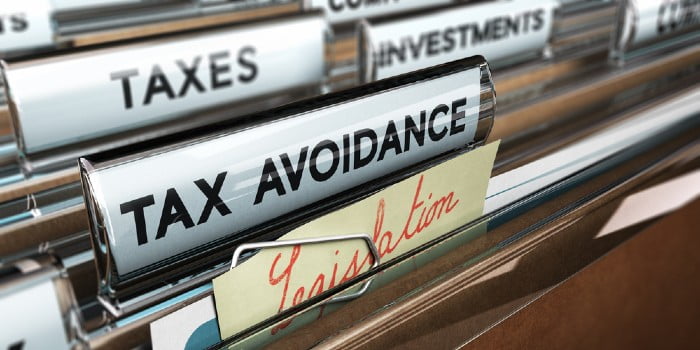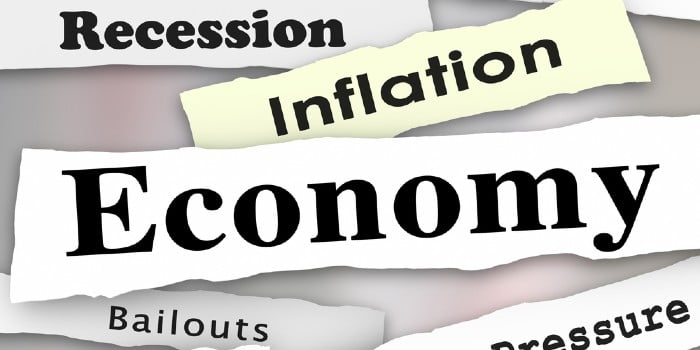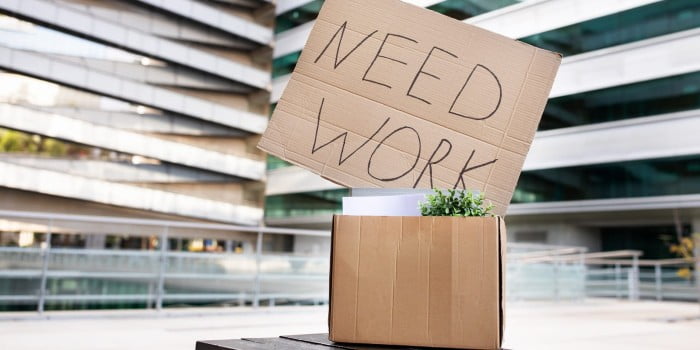27 June 2023 – New figures released by HMRC show that small businesses are now responsible for more than half of unpaid taxes, with 56% missing from that group.
HMRC has released its latest Measuring tax gaps report 2023 edition, which shows that in the tax year 2021/22 the tax gap was £38.8bn. The tax gap is the difference between the amount of tax that should have been paid and the amount that has been paid.
This amounts to 4.8% of the theoretical tax liability, which means that 95.2% of tax due has been collected by HMRC.
In the last two decades there has been a reduction in the tax gap, with unpaid tax dropping from 7.5% in the tax year 2005/06 to 4.8% in 2021/22. Since 2017/18 the tax gap has remained at a low level and stable.
Biggest Fall In Unpaid VAT But Corporation Tax Gap Increased
In most tax categories the percentage of unpaid tax has fallen or remained stable. The biggest fall has been in the VAT gap, with a drop from 14% in 2005/06 to 5.4% in the tax year 2021/22.
The gap in excise duty has also fallen, from 8.3% in 2005/06 to 6.1% in 2021/22. The difference in Income Tax (IT), National Insurance contributions (NICs), Capital Gains Tax (CGT) and other taxes has remained largely stable in the same time period.
Bucking the trend is the corporation tax gap, which has risen to 13.3% in 2021/22 compared to the tax year 2005/06 when the gap was 11.4% of the total amount of unpaid taxes.
According to HRMC, this rise is due to “new random enquiry data on levels of non-compliance for the small business population”.
The data also shows that the share of the different types of tax gaps has shifted over the past five years. While excise duties, other duties and IT, NICs and CGT have remained relatively stable, corporation tax has risen from 18% in 2017/18 to 30% in 2021/22.
On the other hand, the share of VAT has fallen from 34% in 2017/18 to 21% in 2021/22. IT, NICs and CGT have the biggest share, with 35% of the total tax gap falling into this category. With 4%, the category of other taxes has the smallest share.
Small Businesses Repsonsible For Biggest Share Of Unpaid Taxes
HMRC divides taxpayers into different groups: individuals, wealthy, small businesses, mid-sized businesses, large businesses and criminals.
Responsible for by far the biggest share of unpaid taxes in 2021/22, with 56%, were small businesses. Their share has risen from 40% in 2017/18. Mid-sized and large businesses were both responsible for 11% of the tax gap, down from 18% in 2017/18.
Individuals were responsible for 6% of the total tax gap and the wealthy for 5%. Both these categories have remained stable over the past five years. Criminals were responsible for 11% in 2021/22.
The report also gives details about the reasons for the unpaid tax in 2021/22. The main reason, with 30%, is failure to take appropriate action, up from 24% in 2019/20.
Errors were responsible for 15% of the tax gap and tax evasion was responsible for 13%. Both have slightly risen compared to 2019/20. Criminal attacks accounted for 11%, which has fallen from 15% in 2019/20.
Non-payment was responsible for 9% of unpaid taxes, down from 11% in 2019/20 and 12% in 2020/21. Legal interpretation has a share of 12%, which has remained largely stable since 2019/20.
With 4%, tax avoidance had the smallest share. The hidden economy was responsible for 6% of the total tax gap.
HMRC Now Likely To Focus On Small Businesses
In recent years, HMRC has mainly focused on large businesses and wealthy individuals. However, given that small businesses are now responsible for more than half of the total amount of unpaid taxes, the tax authority is likely to shift its attention to this group.
HMRC is really shifting its attention to small businesses. It has worked hard to reduce the amount of tax that goes unpaid from large businesses and high net worth individuals – but it still has a lot of work to do on SMEs.”
Steven Porter, Partner and Head of Tax Disputes and Investigations at Pinsent Masons
Due to the focus on large businesses and wealthy individuals, small businesses had more room for manoeuvre. So much so, that tax avoidance schemes that are no longer used by large businesses and high earners are still used by small businesses for several years.
However, this leniency is probably going to stop now, as HMRC shift their focus to the doings and unpaid tax of small businesses.
Investigations of small businesses are therefore likely to become more frequent in the next two years. Law firm Pinsent Masons advises small business owners to take professional advice to ensure their tax affairs are in order.






